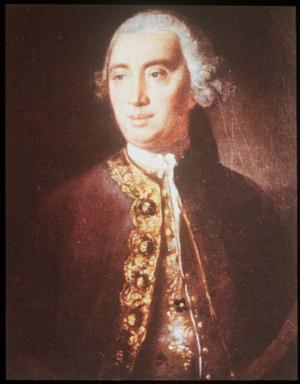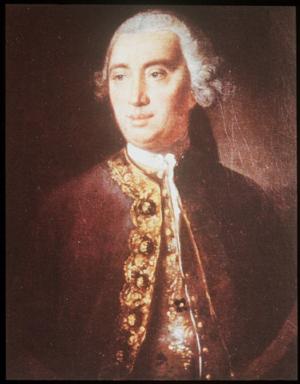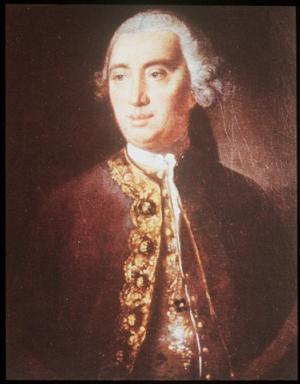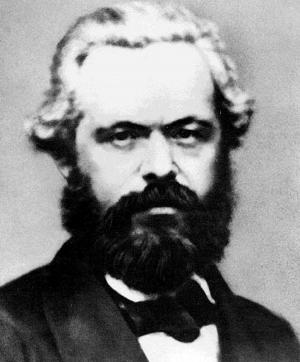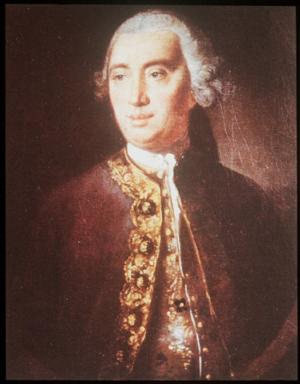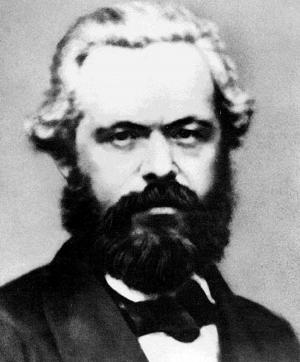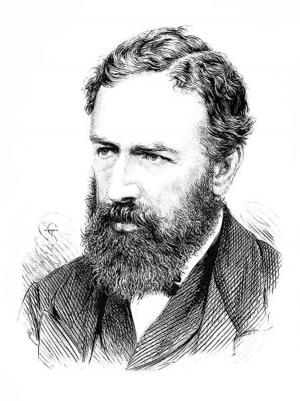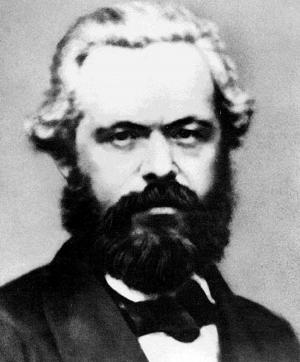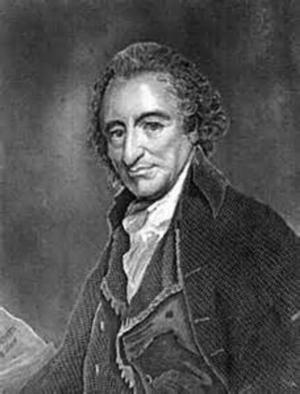Seven Philosophical Problems, and Two Propositions of Geometru (Illustrated)
Business & Finance, Economics, Macroeconomics, Theory of Economics| Author: | Thomas Hobbes, Timeless Books: Editor | ISBN: | 1230000634830 |
| Publisher: | www.WealthOfNation.com | Publication: | August 27, 2015 |
| Imprint: | Language: | English |
| Author: | Thomas Hobbes, Timeless Books: Editor |
| ISBN: | 1230000634830 |
| Publisher: | www.WealthOfNation.com |
| Publication: | August 27, 2015 |
| Imprint: | |
| Language: | English |
The book has an active table of contents for easy access to each chapter.
Thomas Hobbes is a great English philosopher and one of the founders of the modern system of political philosophy. He is in the row with the greatest thinkers as Isaac Newton, John Locke, Immanuel Kant, Francis Bacon, and Jean Rousseau. Their collected thoughts has had strong influence on building the foundation of the United States and its endeavor of open society.
In 1662, SEVEN PHILOSOPHICAL PROBLEMS, AND TWO PROPOSITIONS OF GEOMETRY was published. Thomas Hobbes addressed wide topics for foundational matters related to natural philosophy. The book represented reflection of Hobbes’s views of natural philosophy including logic, abstract bodies, and mathematics. In this book, Hobbes also adopted the ideas from Galileo and Cavalieri about a kinematic foundation for geometry and science of motion to explain natural phenomena.
Thomas Hobbes expressed the last words with a great pride and optimism to our future "A great leap in the dark" in his final moments of life. He is forever remembered as essential enabler, reformer, and contributor for that great leap in the dark. His work has produced great influence on modern political philosophy. His view became widely recognised as the foremost philosophical voice and his influence has been felt in nearly every field of the humanities and social sciences.
This book is one of the most important ones about natural philosophy by Thomas Hobbes, one of the greatest thinkers of modern philosophy on the planet.
The book has an active table of contents for easy access to each chapter.
Thomas Hobbes is a great English philosopher and one of the founders of the modern system of political philosophy. He is in the row with the greatest thinkers as Isaac Newton, John Locke, Immanuel Kant, Francis Bacon, and Jean Rousseau. Their collected thoughts has had strong influence on building the foundation of the United States and its endeavor of open society.
In 1662, SEVEN PHILOSOPHICAL PROBLEMS, AND TWO PROPOSITIONS OF GEOMETRY was published. Thomas Hobbes addressed wide topics for foundational matters related to natural philosophy. The book represented reflection of Hobbes’s views of natural philosophy including logic, abstract bodies, and mathematics. In this book, Hobbes also adopted the ideas from Galileo and Cavalieri about a kinematic foundation for geometry and science of motion to explain natural phenomena.
Thomas Hobbes expressed the last words with a great pride and optimism to our future "A great leap in the dark" in his final moments of life. He is forever remembered as essential enabler, reformer, and contributor for that great leap in the dark. His work has produced great influence on modern political philosophy. His view became widely recognised as the foremost philosophical voice and his influence has been felt in nearly every field of the humanities and social sciences.
This book is one of the most important ones about natural philosophy by Thomas Hobbes, one of the greatest thinkers of modern philosophy on the planet.

